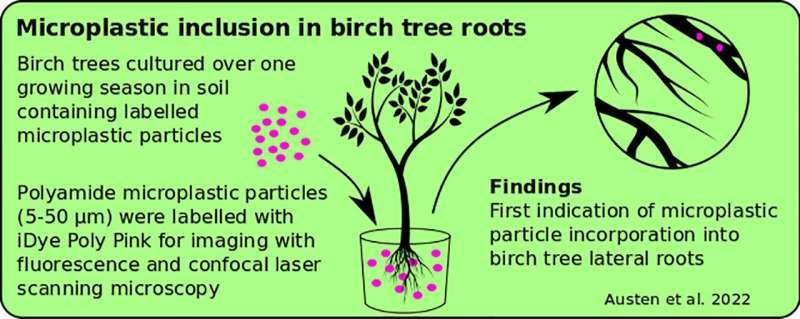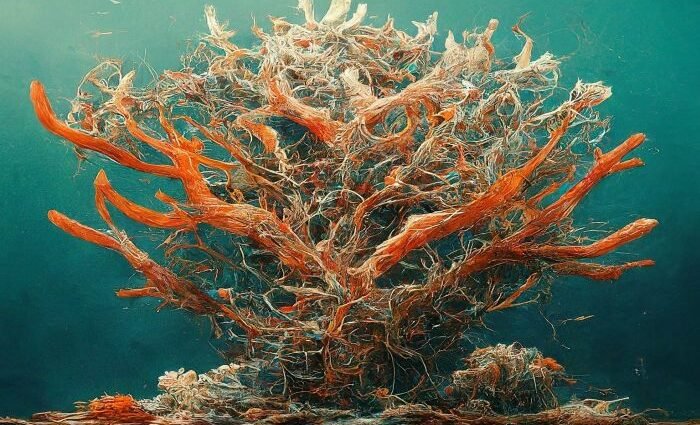Microplastics are found in various places, including our bodies and the ocean. And apparently they have been discovered in sediment layers from the 1700s, indicating that they can contaminate environments that have not been influenced by humans in recent times.

European researchers found microplastics in the sediment layers of three lakes in Latvia, indicating the onset of the Anthropocene Epoch in 1950 when humans began significantly impacting the environment. This discovery suggests that microplastics could be used as an indicator for this geological era.
Scientists have traditionally used ash or ice layers to examine historical events on Earth, raising the possibility of microplastics being a dependable indicator for the Anthropocene era. Clearly not, according to this new research, which found microplastics in every layer of sediment they dredged up, including one from 1733.

The black solid line shows the weighted mean ages of all depths, whereas the light gray area indicates the reconstructed 95% chronological uncertainty band. Dates of lead isotope 210Pb and SCPs with their error margin age-depth model uncertainties are displayed as light blue boxes. Horizontal red line indicates year 1950.
“We conclude that interpretation of microplastics distribution in the studied sediment profiles is ambiguous and does not strictly indicate the beginning of the Anthropocene Epoch,” the scientists wrote.
Other than the study concluding that microplastics are not a reliable indicator of age, it also demonstrated their widespread presence in various environments.
Not even Antartica, the most remote region on our planet, is immune. Scientists have found microplastics in several snow samples, having seemingly arrived there by the wind. Perhaps most alarmingly, scientists have even found microplastics inside our organs, with researchers only starting to grapple with their deleterious impact.

In the future, a major challenge we must address is the removal of microplastics from our environment. Scientists are exploring new methods such as planting birch trees in contaminated soil and using water filters to tackle this issue. However, it will be challenging due to the prevalence of microplastics and our continued dependence on plastic products.
Reference- National Geographic, PHYS.ORG, Journal Science of The Total Environment, Journal Science Advances.





